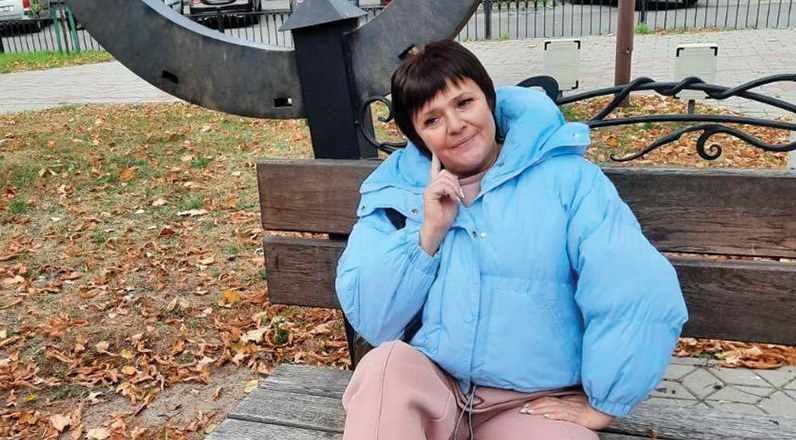When Natalia Holas and her husband saw the 2020 presidential election being falsified in Belarus, they decided they wouldn’t stay silent. Along with other residents of Baranavichy, they took part in protests and sewed white-red-white flags. But the most important decision came later—when they refused to send their son to school.
“I didn’t want my child to be taught that lying is normal, that war is liberation, and that the authorities are always right. My husband and I decided our son must learn in an honest, free environment,” says Natalia.
The family transferred their son to an online school—first Belarusian, then the Ukrainian-Belarusian Midgard Gymnasium in Kyiv. Things were going well at school, but the education and child welfare authorities began coming after them. Natalia was summoned to hearings, threatened with having her son registered as being “in a socially dangerous situation,” and once told: “If you keep resisting, we’ll remove the child and jail you.”
“I’m a lawyer myself, but even I was scared. We realized we could no longer stay,” Natalia recalls.
In November 2023, she, her husband, and their son immigrated to Poland on a humanitarian visa. They now live in a village near Łuków: their son is studying at a vocational school, and her husband works as an international truck driver. He is the only one working, and they are barely scraping by.
Natalia wants to return to her profession and work as a lawyer again—in Poland. To do that, she needs to learn Polish, have her degree recognized, and enroll in a Master’s program at Siedlce University.
“I dream of starting from scratch, honestly, as I’ve always lived,” says Natalia. “But I desperately need help to cover tuition, document translation, and housing for my family.”
Fundraising Goal
€2200
€700 – rent
€200 – language courses
€1000 – Master’s program study
€300 – translation and certification of documents

